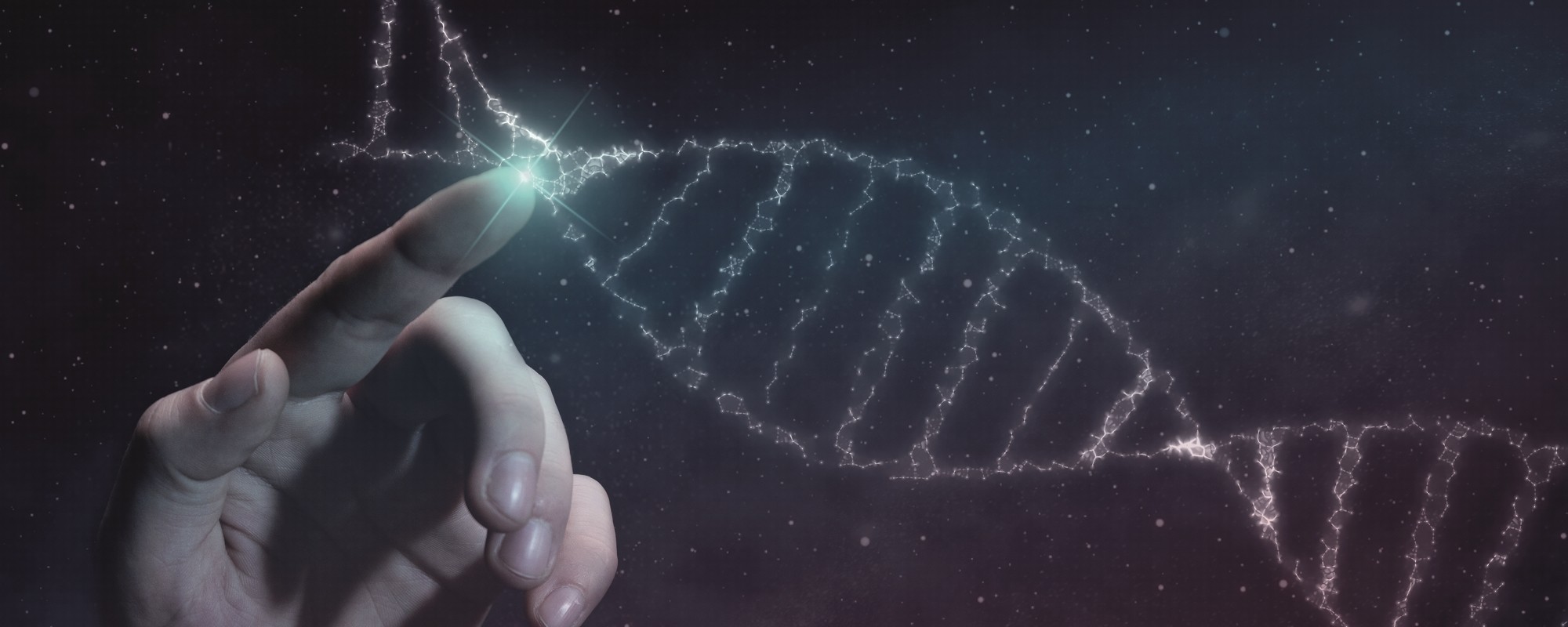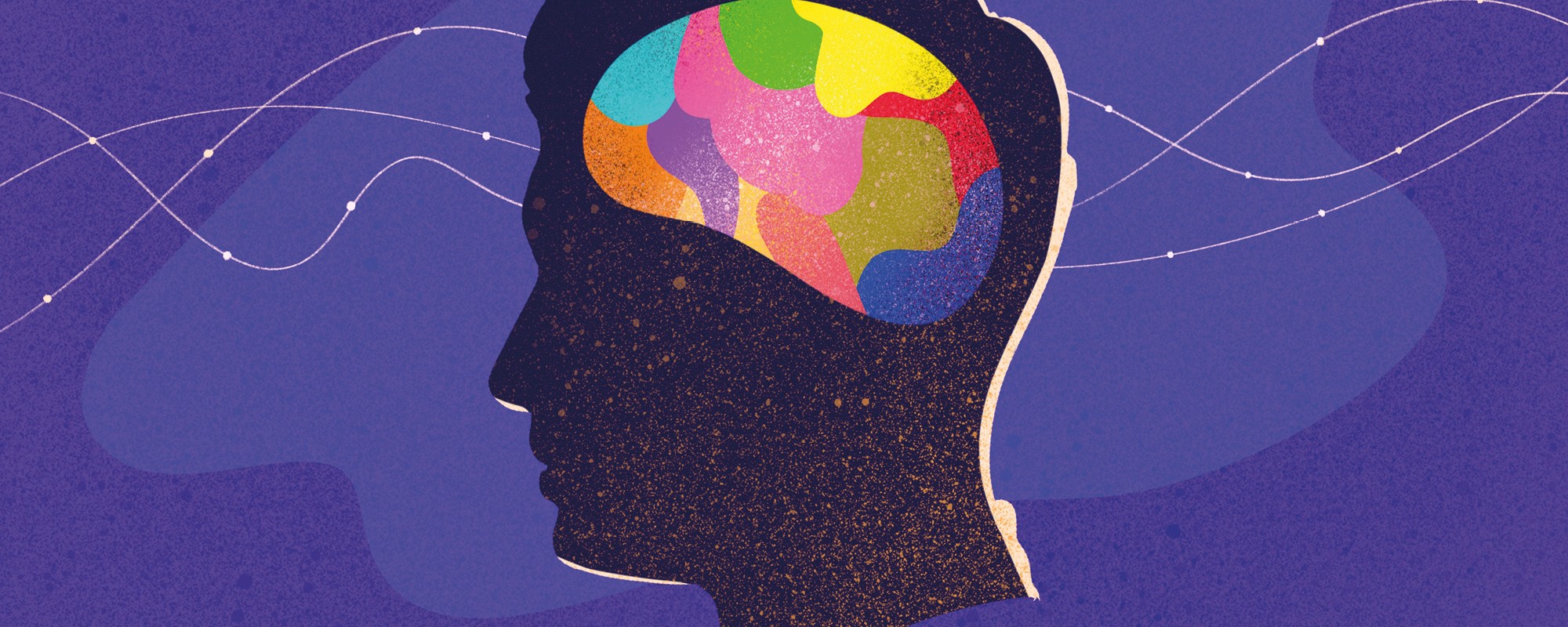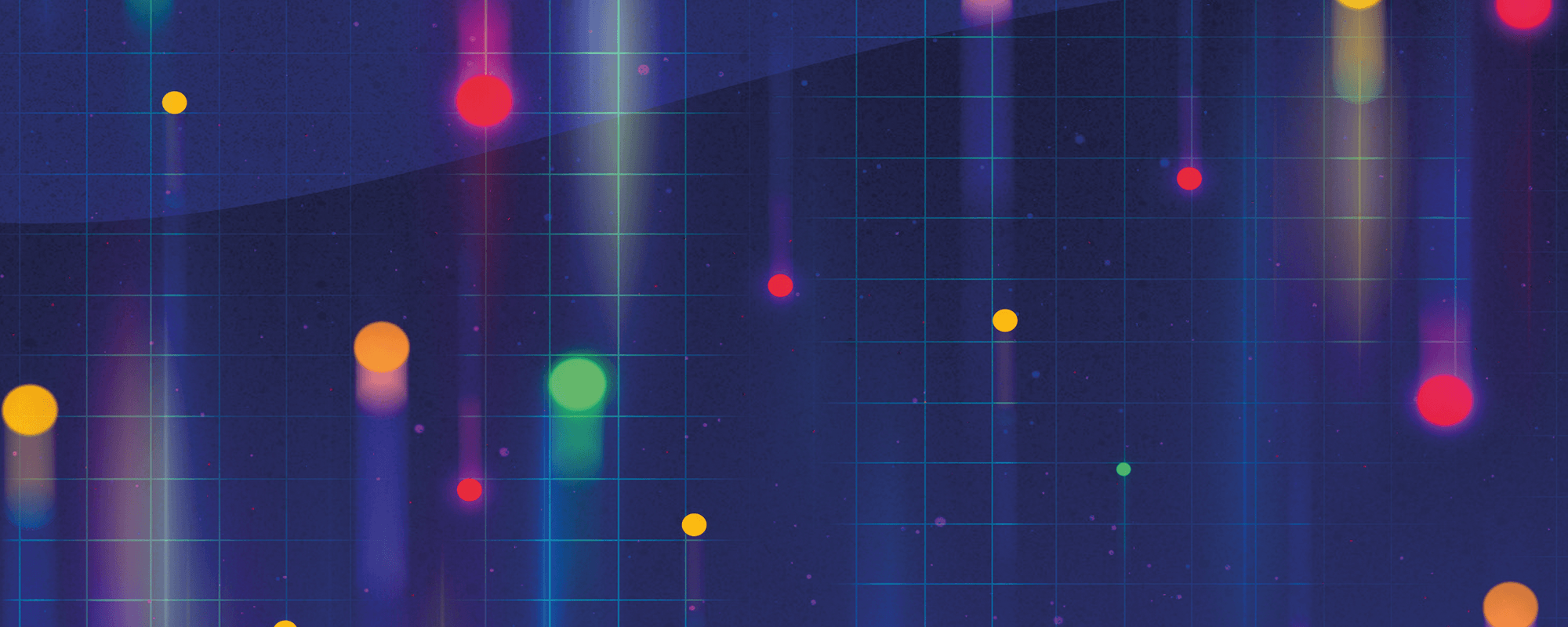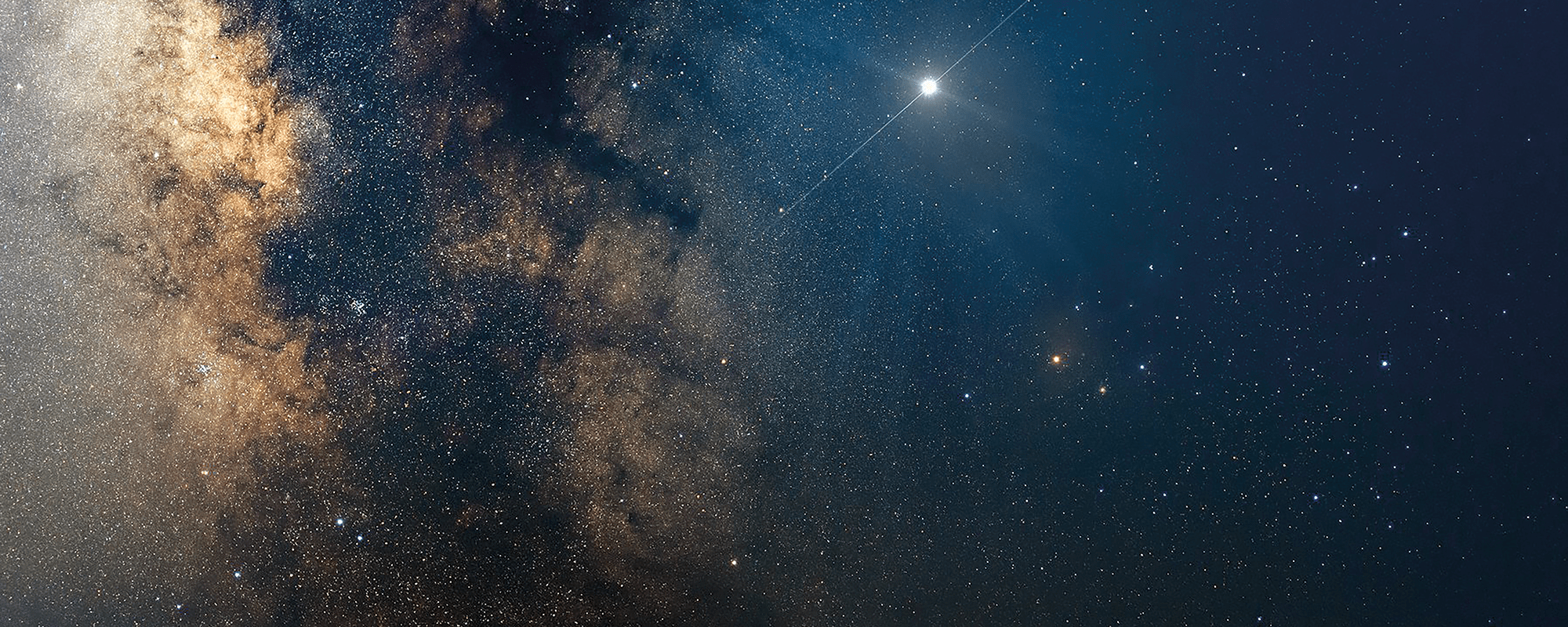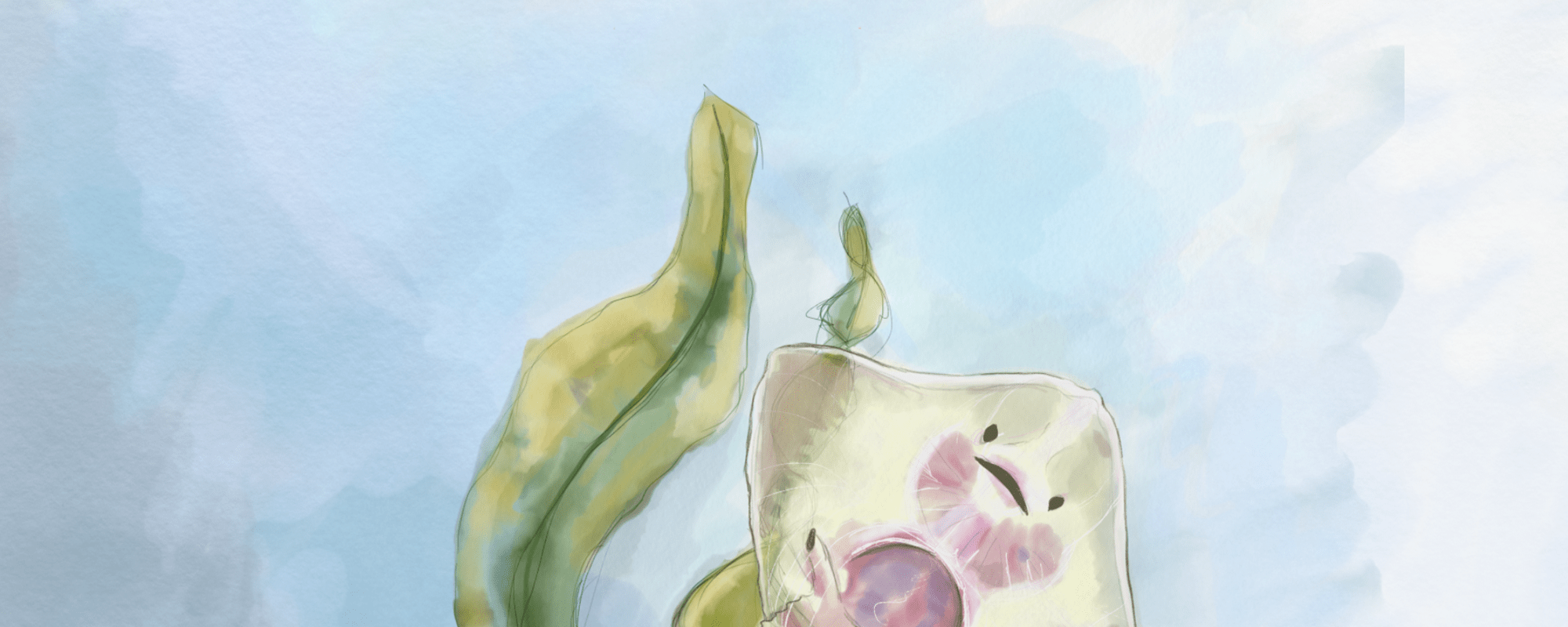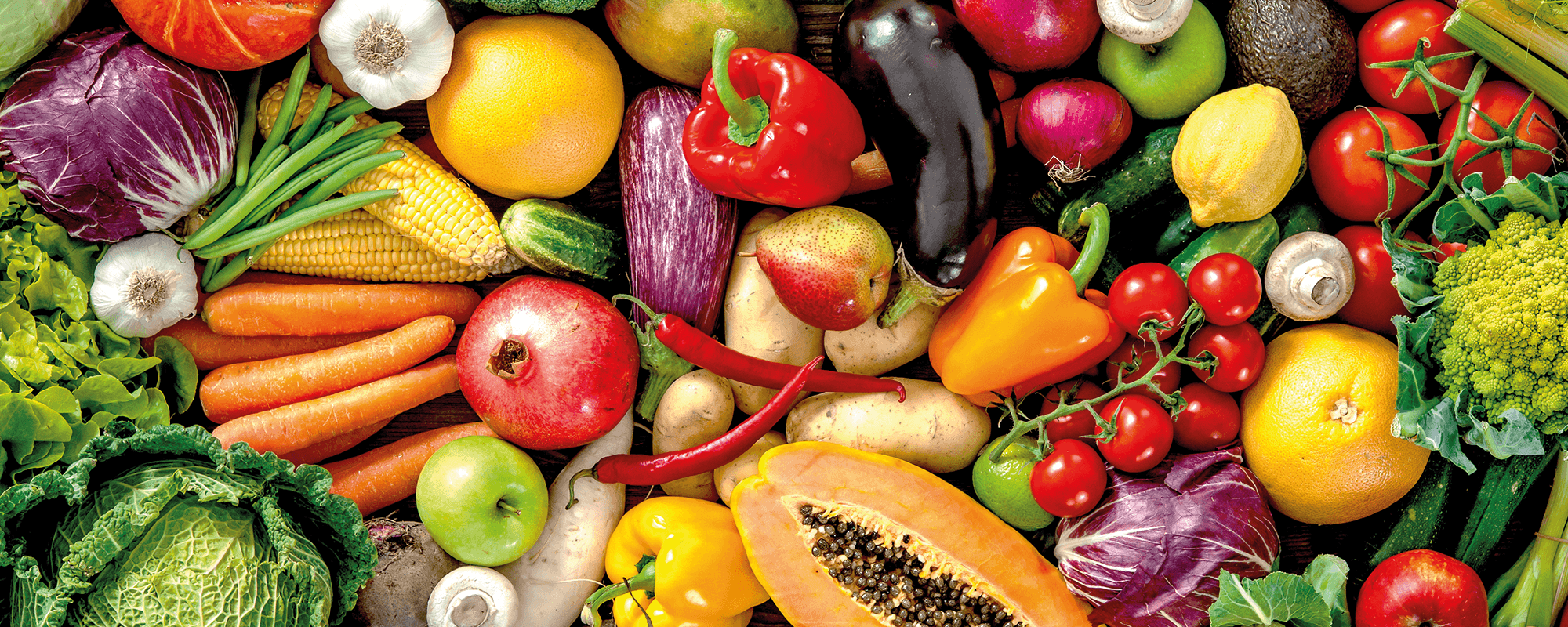Keep Calm and Factor This
Author: Malcolm Pace
People suffering from haemophilia, an inherited disorder, will bleed for much longer after an injury, bruise easily, and risk internal bleeding in joints or brain. This is a widely studied condition with unique variations in the disorder to Malta. While pursuing an M.Sc. in Applied Biomedical Science, I have profiled and found the contributing genes in all Maltese patients and compared them to patients abroad.
Continue readingI, in the Sky
Author: Andrea Francesca Bellia
This summer, I was fortunate to experience the rigorous process of academic research and publishing. Under the supervision of Dr Sandro Lanfranco, I examined the efficiency of using a drone to obtain large-scale vegetation maps, which resulted in a paper in the journal Xjenza Online. The study shows how influential technology has become, even in traditionally ‘low-tech’ fields like ecology.
Continue readingWhere Archaeology, Physics, and Artificial Intelligence Meet
Author: Dr Marc Tanti
Ancient Egypt is famous for the mummies of Pharaohs, but did you know that there are many mummified animals? Studying them offers scientists a wealth of knowledge on the method and motivation behind this practice. But mummies are fragile artefacts, and museum curators don’t generally appreciate archaeologists dissecting their specimens. To get around this, X-rays help researchers peek inside the mummies without damaging them.
After finishing my Ph.D. in artificial intelligence, I started working as a research support officer at the University of Malta on a collaborative project with archaeologists at the European Synchrotron Radiation Facility (ESRF), a research institute in France. These archaeologists are studying animal mummies from museum collections, such as the Museum of Grenoble, in order to learn about their structure. This institute is better known for its particle accelerator, which sets electrons flying at nearly the speed of light to understand the shape of drugs and other molecules. So, what’s the link with mummies?
Continue readingMake cognitive science your agony aunt
If you need to rekindle romantic feelings, your decisions should be evidence-based. Lorna Muscat Baron writes.
Continue readingA Quantum Leap for Communication
A team of scientists from around the world has recently shown that quantum mechanics can be used to create a super-secure telecommunications link between Malta and Sicily. Laura Bonnici meets with the project’s leader in Malta, Prof. André Xuereb, to discover how Malta could be pivotal in the development of a brand new communications technology.
Continue readingSave the night
The sky goes on forever, the stars; they wait each night for someone to find them,
in quiet spots as yet unspoiled by light and mayhem.
Nina Rosner — ‘Malta’
Author: Dr Joseph Caruana
The dwindling, peaceful glimmer of twilight promises a clear night. The vivid yellows and oranges give way to more subtle hues until a deep and ever-darkening blue takes over. Slowly, the velvety sky turns into a black canvas peppered with twinkling lights, as the first eerie cries of shearwater birds are heard in the distance.
This magical spectacle plays out most evenings at Dwejra, Gozo. This popular tourist site is one of the last places on the Maltese Islands that offer a sufficiently dark sky to observe our home galaxy — the Milky Way. The proliferation of badly designed exterior lighting all over the islands means that it is impossible to fully escape the deleterious effects of light pollution. This westernmost region of Gozo is as far as one can get to escape the glow of artificial light emanating from the rest of the Maltese Islands.
Continue readingSaving the skates
Author: Gail Sant
They’re called ‘skates’. Yes, like the shoes. Like sting rays, but less popular.
If I had a penny for every time I uttered those words throughout my dissertation years, I’d be a rich woman. You’d think that skates, a regular at the daily fish market, would be part of people’s general fish-knowledge. But it came to me as no surprise, considering how culinarily, environmentally, and economically unappreciated they are.
Continue readingMathematical equation of breast tissue
Author: Daphne Anne Pollacco
Breast cancer is the most commonly occurring cancer in women and the second most common cancer overall. Malta ranked at number 17 among the 25 countries with the highest rates of breast cancer in 2018, according to World Cancer Research Fund International.
Cancer patients often need X-ray imaging for diagnosis and to track recovery. But X-ray radiation is a double-edged sword. It can help to spot the cancer, but it can also contribute to the problem.
Radiation can change the molecular and atomic structure of tissue, potentially leading to other cancers developing. But do any other technologies exist that could achieve the same result without harming patients?
Continue readingI <3 potato
Plant-based diets are going mainstream all over the world. Cassi Camilleri sheds light on the local vegan movement and how reducing our meat consumption can benefit us all.
Some label the rise of plant-based living as evidence of ‘trend culture’. And they’re not all wrong. Traditional media bombards us with countless headlines on the topic’s pros and cons. Hard-hitting advocacy films like Cowspiracy and Forks over Knives expose the horrors of the meat industry. Social media influencers share their experiences with the diet, turning it into lifestyle content. And now the market is following suit with vegan and veggie lines and options popping up everywhere.
In 2016, an Ipsos MORI survey for the Vegan Society identified that 3.25% of adults in the UK never eat meat in any form as part of their diet, equating to roughly 540,000 people. Vegan January—commonly known as Veganuary—is growing in popularity. This year, a record-breaking 250,310 people from 190 countries registered for the month-long vegan pledge. And Malta is no exception.
While the official number of people following a plant-based or vegan diet are unavailable, interest is clear. Facebook pages Vegan Malta and Vegan Malta Eats have a combined following of over 16,500 people.

The reasons behind people’s decision to take up veganism are various, however three main motivators keep being cited: health benefits, ethics, and environmental concerns. For vegan business woman Rebecca Camilleri the process was natural and gradual. ‘There was no real intention behind it for me. But after a couple of months of following this diet, I noticed that my energy levels were better than before, and this encouraged me to learn more on how I needed to eat in order to nourish my body with the right nutrients to sustain my active lifestyle.’
Researcher and nutritionist Prof. Suzanne Piscopo (Department of Health, Physical Education, and Consumer Studies, University of Malta) confirms that ‘moving towards a primarily plant-based diet is recommended by organisations such as the World Health Organization and the World Cancer Research Fund, for health and climate change reasons.’
Oxford academic Dr Marco Springmann has attempted to model what a vegan planet would look like, and the results are staggering. According to his calculations, should the world’s population switch to a vegan diet by the year 2050, the global economy would save $1.1 trillion in healthcare costs. We would also save $0.5 trillion in environmental costs, all while slashing greenhouse gas emissions by two-thirds.
Despite all this, veganism has earned itself quite a few enemies along the way. The vitriol thrown back and forth across both camps is shocking. Relatively recently, UK supermarket chain Waitrose came under scrutiny after magazine editor William Sitwell responded to plant-based food article ideas from writer Selene Nelson with a dark counter offer—a series on ‘killing vegans’. Sitwell was since forced to resign. Nelson posited that the hostility stems from ‘a refusal to recognise the suffering of animals. Mocking vegans is easier than listening to them.’

Abigail Higgins from American news and opinion website Vox agrees that guilt plays a role in the hatred aimed towards veganism, but also proposes that the whole movement ‘represents a threat to the status quo, and cultural changes make people anxious.’ This notion is based on research on intergroup threats and attitudes by US researchers Walter G. Stephan and Cookie White Stephan.
It however remains a reality that some of the loudest voices in veganism in the past have been militant. Some have invoked hatred and threats towards those that they perceive not to be sufficiently aggressive in promoting the cause. Piscopo calls for a respectful discussion.
‘Food is not only about sustenance and pleasure, but has symbolic, emotional, and identity value. Take meat for example. Some associate it with masculinity and virility. Others link it to food security as meat was a food which was scarce during their childhood. Some others equate it with conviviality as meat dishes are often consumed during happy family occasions. What is important is that we do not try to impose our beliefs, thoughts, and lifestyle on anyone.’
The way forward is a ‘live and let live’ approach, according to Rebecca Galea. When her journey started she had people ‘staring strangely at [her] food’. Even her family didn’t take her seriously. ‘They were very sceptical as their knowledge on veganism was very limited at the time,’ she remembers. Now, seeing the effect the switch has made to Rebecca’s life, her positive choices are naturally impacting theirs. ‘Everyone is free to make their choice,’ she says. Embodying the philosophy of leading by example, Rebecca has even set up her own business making delicious vegan nut butters, spreads, and more, to great success. ‘The more vegan options are available [in Malta], the more people will be attracted to learning and accepting the benefits of veganism. This might also lead to them following a vegan lifestyle!’
With that, and sharing valid, up-to-date research-based information, as Piscopo suggests, it seems there is no stopping this ‘trend’. And who would want to when veganism can lead to a lower carbon footprint and better health for everyone?

